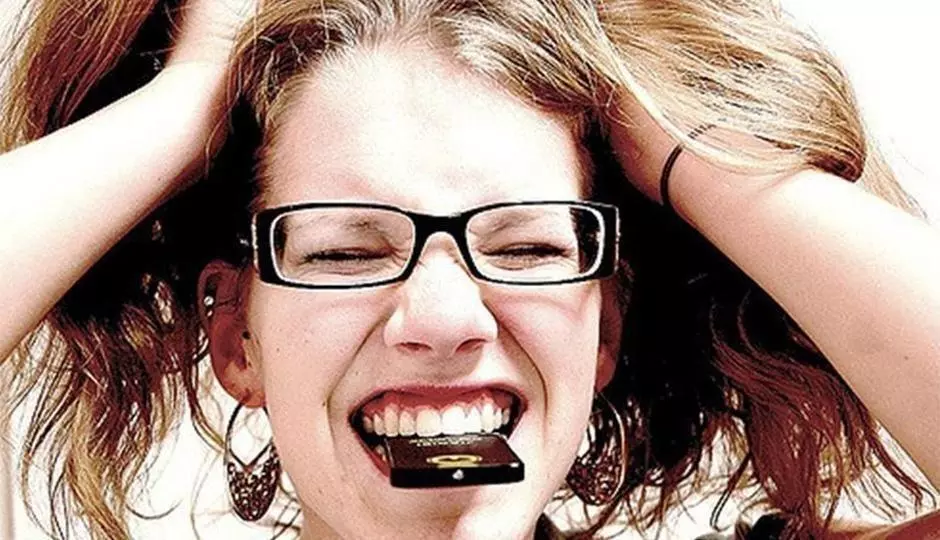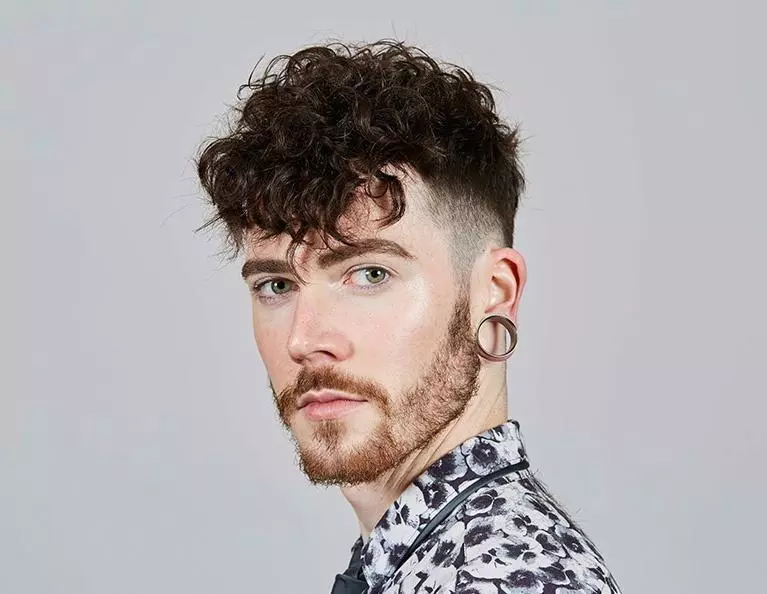Trichotillomania affects millions of women around the world every year. In the US alone, it is estimated that there are about 10 million sufferers. What is trichotillomania? It’s a common disorder in which the person has the uncontrollable urge to pull out body hair—sometimes on their legs or face such as eyebrows. But most experience the urge to pull the hair on their heads. Perhaps you know someone who has been diagnosed with trichotillomania, and you want to help him or her recover from it. What can be done to help them heal from it?
Start with Awareness
People with trichotillomania aren’t freaks of nature. In fact, quite a few celebrities have been diagnosed with the disorder. Some of the famous actresses who have been open about their hair-pulling problem include Olivia Munn, Kirsten Stewart and Meagan Fox.
This impulse to pull hair can disrupt a person’s social life. It can make them withdrawn or reclusive to the point that they start to feel alone on a scary journey. “Trichsters receive such severe backlash,” says Rebecca, who admitted her problem on the Internet, garnering a lot of support from others who were also going through the same thing.
Be a True Friend
The first thing you can do is just to be there for them. Maybe your friend is undergoing a traumatic time. There is always a root cause to the problem, but it’s often hard to diagnose. It is empowering for the person to feel that she is making her own decision. Rather than “finding a solution” for them, encourage your friend to do her some own research. This will lead to her own realization of how “normal” she is. That, in itself, is a great comfort.
Engaging the Brain
Many people with Trichotillomania describe it as stress in their fingers. Their hands need something to do, something to distract from the anxiety. Offer to take your friend out on a walk, take up a hobby together, play a musical instrument or paint—anything else that is creative and keeps their fingers busy. Being idle like sitting on the couch watching TV or flipping through Facebook isn’t a good idea. They need to engage their brain to get their body into other positive actions and movements.
Be a Listening Ear
Don’t try to fix their problem by telling them what to do. Even if you don’t have all the answers, that’s okay. Make your reaction one that is filled with love and patience. Be there to boost their self-esteem. Focus on their good qualities and praise their other positive attributes. Most of all, accept them as they are and love them anyway.
Trichotillomania is a serious condition and if you are suffering from it or know someone who is be sure to seek professional help. At New Look Institute we offer real hair solutions for men and women to help you during this difficult time. To schedule a free consultation, contact us today.
Photo Credit: Evil Erin Via Flickr Creative Commons







